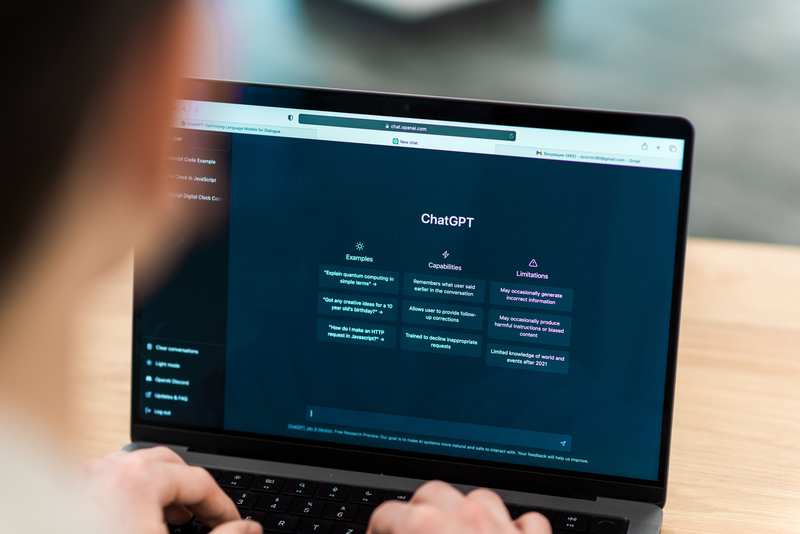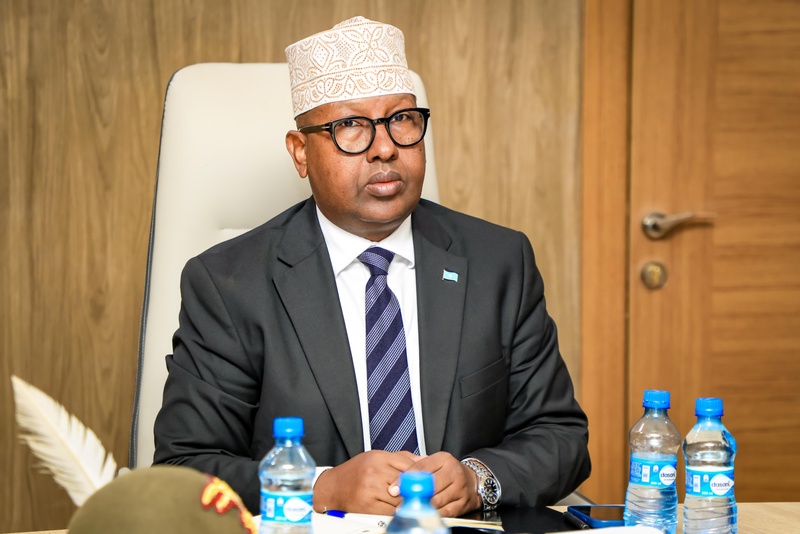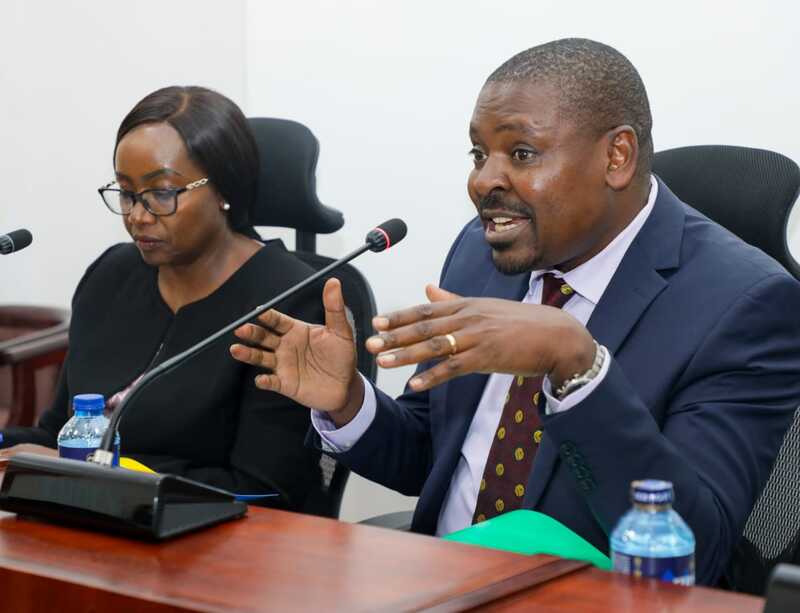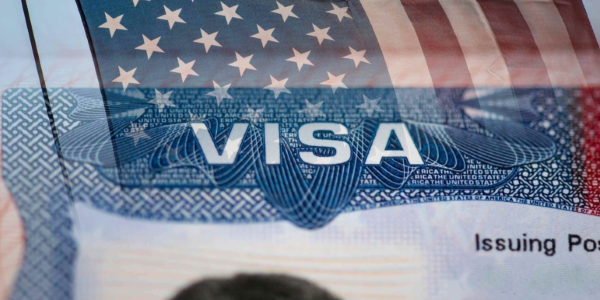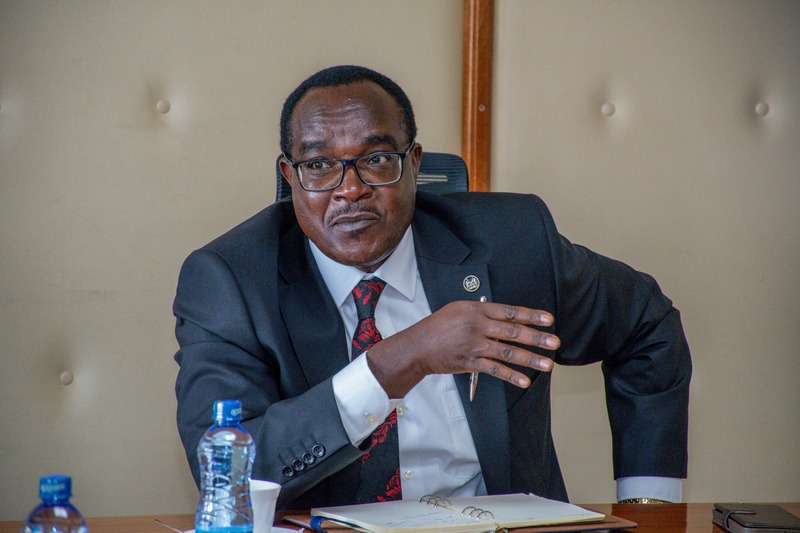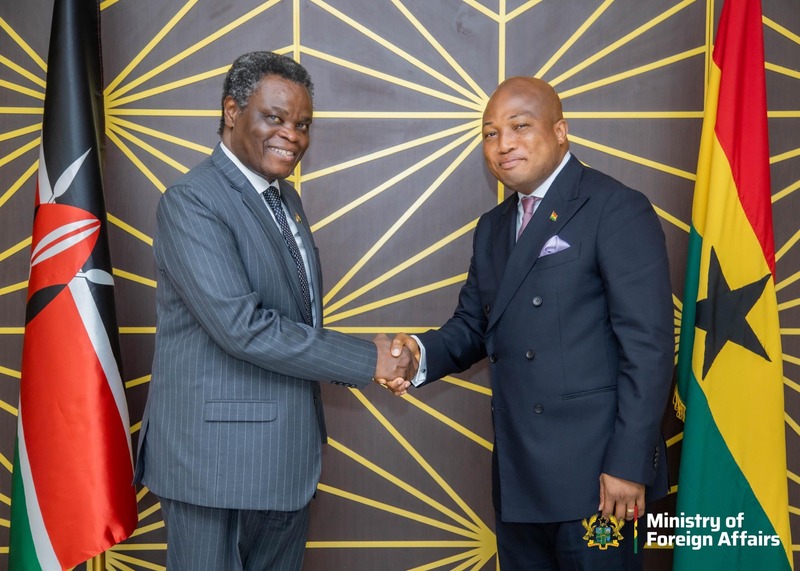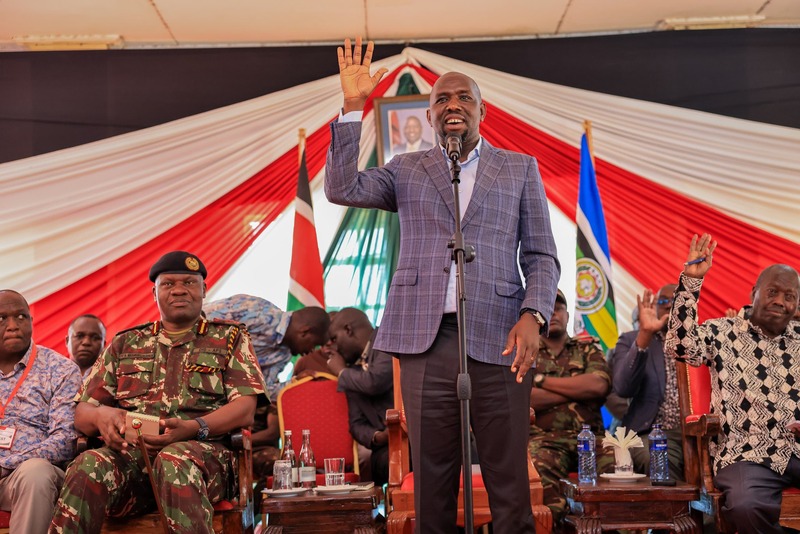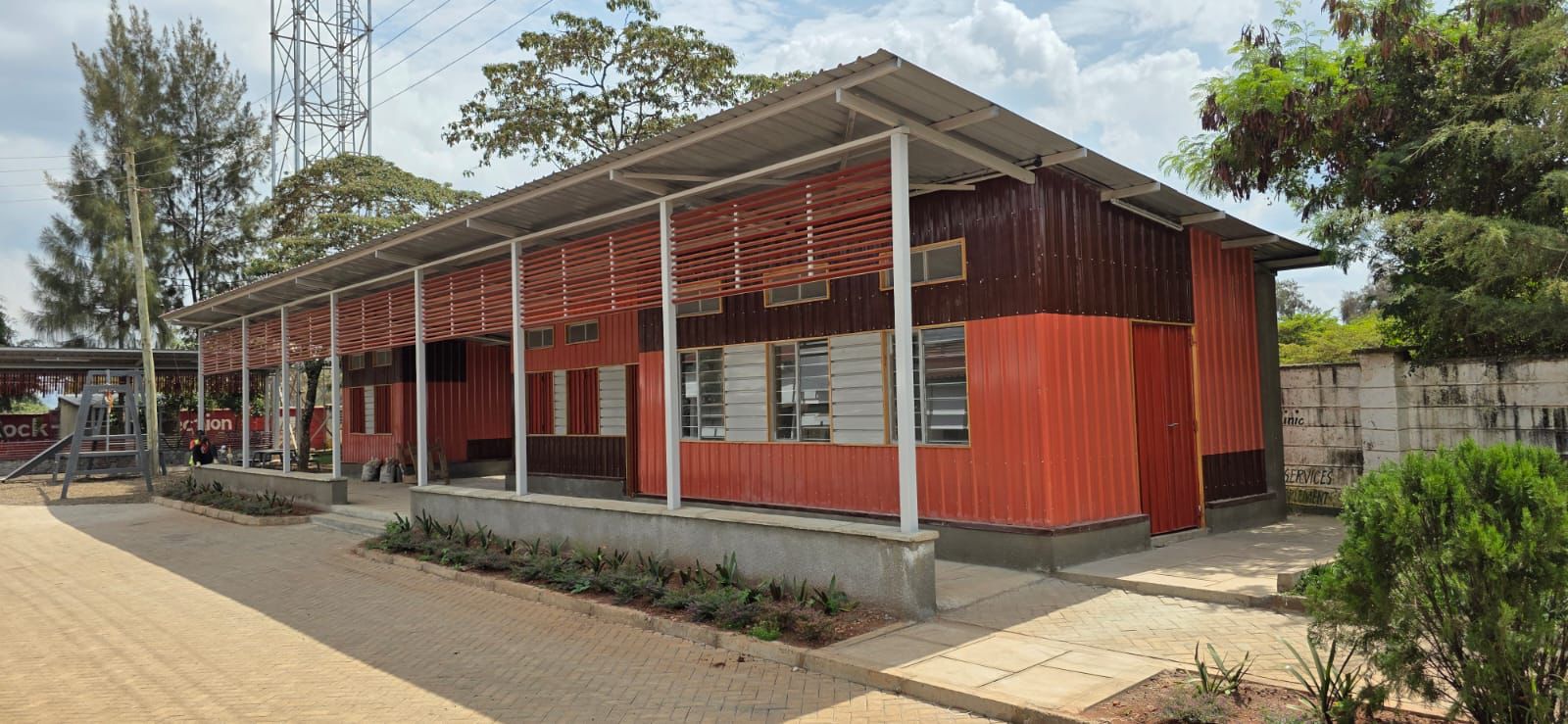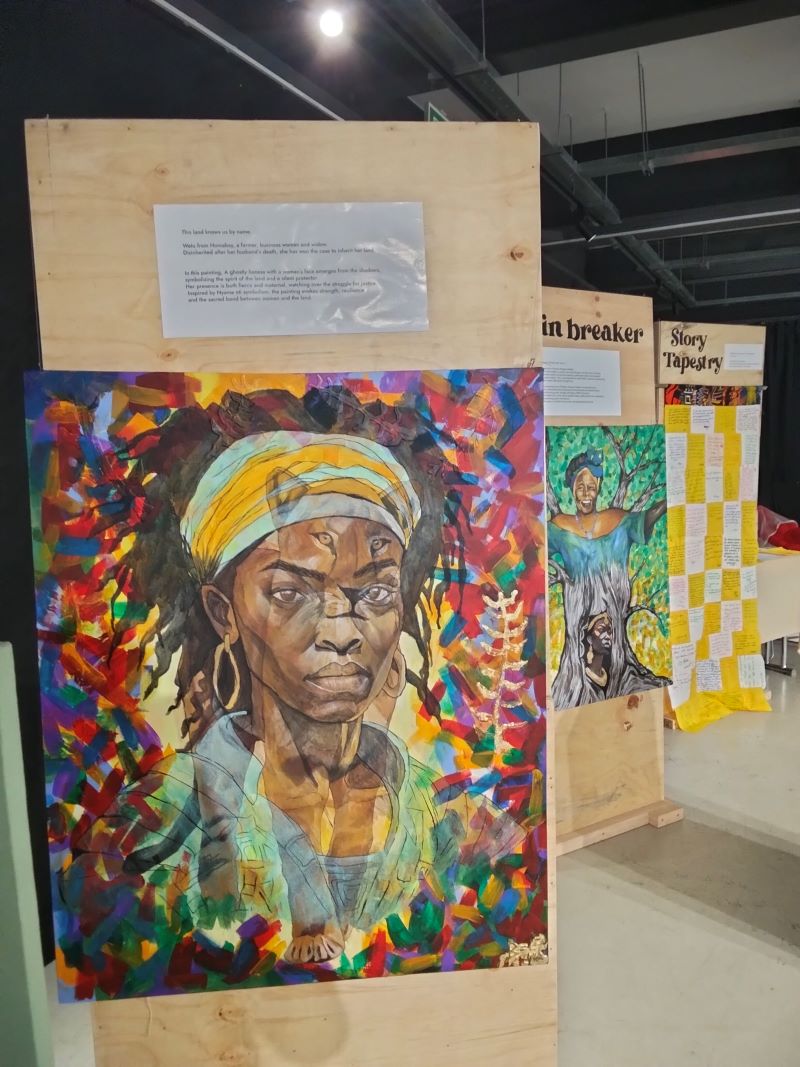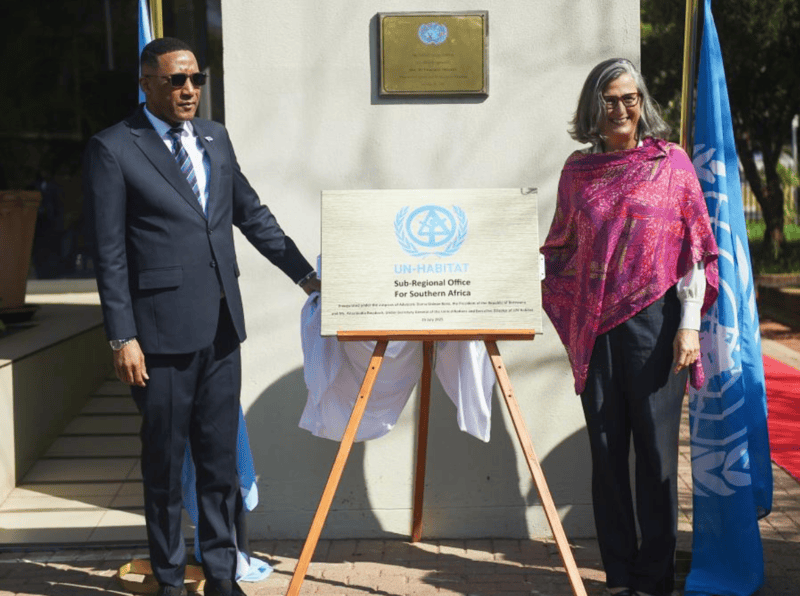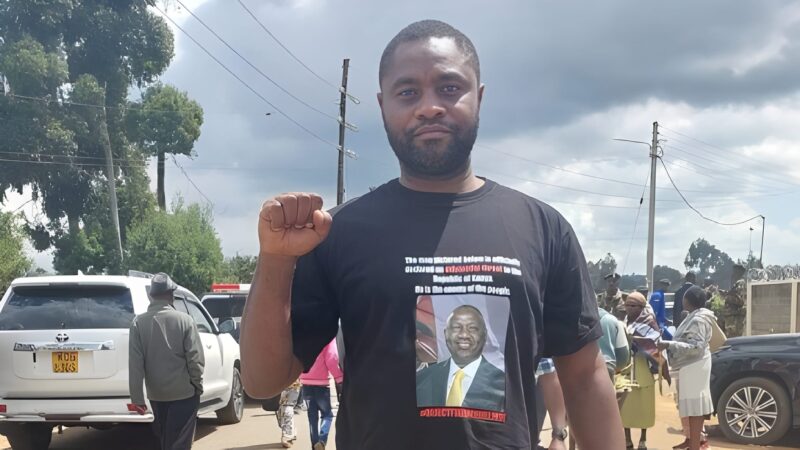ODPP validates child-friendly interview guide to protect underage witnesses
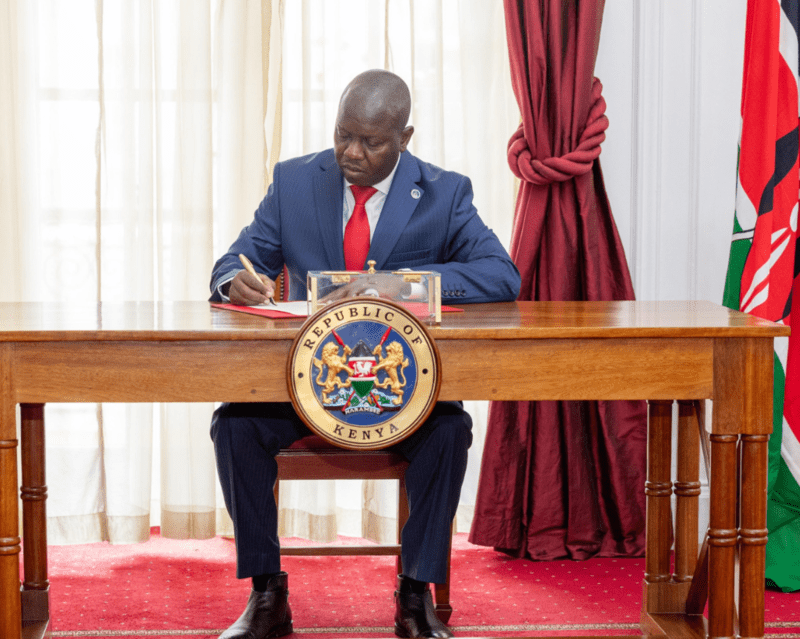
According to the guide, pre-interview preparation involves assessing a child’s emotional condition, communication abilities, cultural context, and any vulnerabilities. This step is intended to tailor the process to each child’s needs and ensure interviews are both legally appropriate and emotionally considerate.
The Office of the Director of Public Prosecutions (ODPP) has formally validated a new Guide to Child-Friendly Interviewing in Kenya, marking a significant step toward enhancing the protection of children within the country’s justice system.
The guide outlines a structured, trauma-informed approach for prosecutors and justice sector actors when engaging with child victims and witnesses. It emphasises empathy, professionalism, and safeguarding children's well-being throughout the legal process.
More To Read
- Journalists urged to let children speak on issues affecting them
- Study links early smartphone use to severe mental health outcomes in young adults
- DPP slammed by legal experts for 'weaponising' terrorism charges against peaceful protesters
- Save the Children calls for decisive diplomacy to halt child deaths in war zones
- Parliament raises concerns over ODPP’s 'special fund' proposal
- DPP seeks Sh2 billion fund to boost justice delivery, promote accountability
The validation comes as Kenya continues to implement the Children Act, 2022, a law that introduced stronger protections for minors and elevated the role of the child in legal proceedings. The ODPP said the guide reflects its commitment to ensuring that justice does not come at the cost of further traumatising child victims.
DPP Renson Ingonga, in remarks delivered on his behalf by Robert Oyiembo, Deputy Head of the Conventional and Related Crimes Department, stressed the dual role prosecutors must play when handling child-related cases.
“Children are among the most vulnerable members of our society,” said Ingonga.
“As prosecutors, we are entrusted with the dual responsibility of delivering justice and doing no further harm. This guide helps us meet that responsibility with both empathy and professionalism.”
Ingonga acknowledged that traditional legal procedures can be intimidating or even traumatising for children
He urged a paradigm shift in how the justice system approaches child cases and called on prosecutors to lead in this transformation by adopting child-sensitive practices, such as standardising interview techniques, using video evidence, enhancing trauma-informed training, and embedding child protection principles into policy.
“Every child case we handle is not just paperwork. It is our humanity, our empathy, and our commitment that determine whether that child walks away with fear or with hope.”
The Guide to Child-Friendly Interviewing outlines a trauma-informed framework designed to ensure that children who interact with the justice system are treated with care and dignity. It focuses on four key stages: preparation before interviews, the conduct of interviews, the use of technology, and post-interview procedures.
According to the guide, pre-interview preparation involves assessing a child’s emotional condition, communication abilities, cultural context, and any vulnerabilities. This step is intended to tailor the process to each child’s needs and ensure interviews are both legally appropriate and emotionally considerate.
During interviews, the guide advises practitioners to avoid leading questions and instead use simple, neutral, and age-appropriate language. Children should be encouraged to narrate events freely in a safe, non-threatening environment.
The guide also promotes the use of technology, especially video recordings, to capture testimony accurately and reduce the need for children to repeatedly relive traumatic experiences.
This approach, the DPP noted, helps protect the integrity of the evidence while minimising harm to the child.
Post-interview, the guide calls for professional handling of sensitive materials. This includes secure storage of evidence, careful communication with guardians, and responsible documentation.
Top Stories Today
